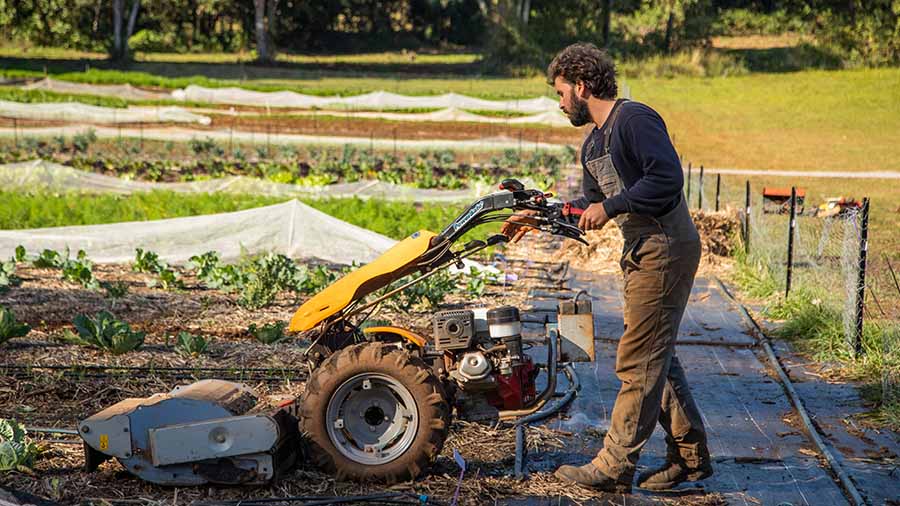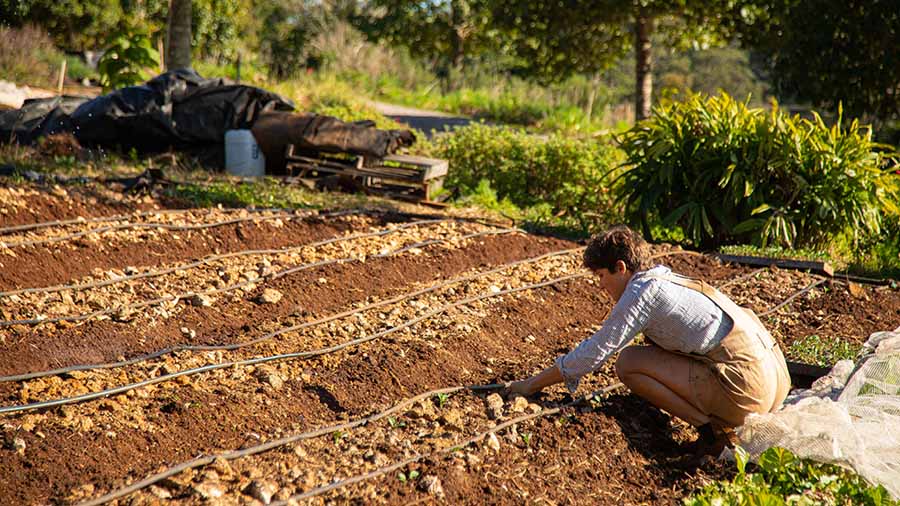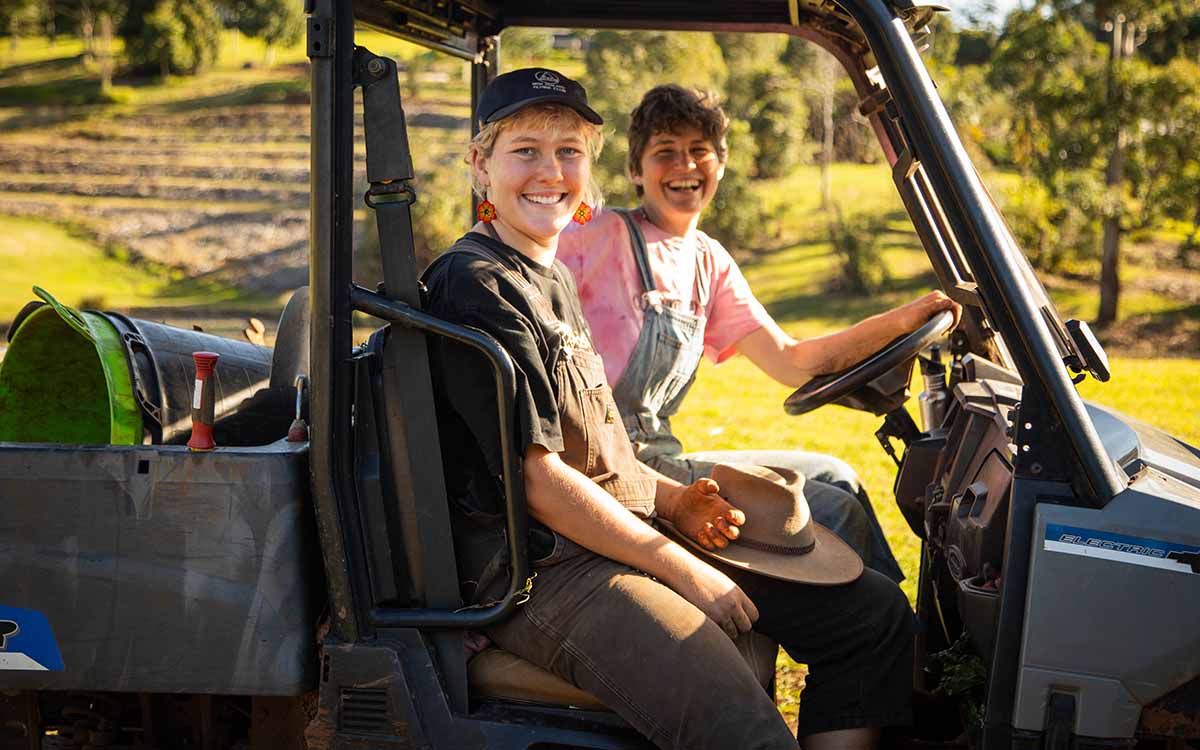 Thinking of potential employees with more consideration of who they are and not just what they can do will go a long way to filling many roles.
Thinking of potential employees with more consideration of who they are and not just what they can do will go a long way to filling many roles.
Ask agricultural leaders what one of the most critical issues is for the industry, and undoubtedly, the lack of workers will be mentioned. It's across all sectors and all agricultural enterprises, from ringers on stations to shearers to fruit pickers to those driving tractors and headers.
The rise of rural employment agencies is a clear indication of just how hard - and how competitive - it is to attract workers on farms for either short or long-term positions.
'There are constant complaints from the rural industry about labour shortages, but perhaps some of this has been self-inflicted,' Geoff says. Post-COVID-19, there are hundreds of thousands of people on working visas wanting jobs, and Geoff says there are ways to make positions more attractive. 'You want to be the employer of choice,' he says.
'You want to be the employer of choice,' Geoff says.
Geoff discusses the rich tradition of taking gap years in Australia, highlighting one of the most notable examples: Prince Harry, who spent six months working on a cattle station. Clearly, the majority who travel don't have that level of fame, but Geoff says it's important to learn where the backpackers come from to understand how they should be treated.
'From my experience, many of those who travel come from middle-class families, and expecting them to live in substandard conditions clearly doesn't fit well with them,' he says. He suggests that if a reasonable standard of accommodation is not available, then employers could look to local towns to try to make arrangements with hotels, which could provide a bed and an evening meal. This would not only satisfy the employees but also benefit economies in rural communities.
Isolation plays a significant role, presenting a major challenge in attracting and retaining workers. According to Geoff, this issue is particularly crucial in rural areas. He suggests that young workers who travel to these regions likely make substantial contributions to the local economies.
Geoff says it is all about making sure those who work on the farm or station are treated as part of the family
Geoff says it is all about making sure those who work on the farm or station are treated as part of the family, included in outings and made to feel welcome. This will, at least, rule out loneliness as a cause for leaving a position.
'Employers need to think of those workers as more than just someone to get a job done,' he says. 'They need to understand that friendship and family can make the experience so much better for everyone.'
 To be on that 'informal list' of the best employers, reputation is everything, and word-of-mouth often rates a farm as being good to work for or not.
To be on that 'informal list' of the best employers, reputation is everything, and word-of-mouth often rates a farm as being good to work for or not.
To be on that 'informal list' of the best employers, reputation is everything, and word-of-mouth often rates a farm as being good to work for or not. From his work with ManyBusyHands, Geoff says farmers seeking to employ backpackers should be, in his words, 'authentic, transparent, visible, verifiable, locatable, identifiable and contactable' or, in other words, 'fair dinkum'.
There's no cost for farm businesses to list with the ManyBusyHands website, but the ethos behind listing is a clear message for all employers: They need to be legitimate, they need to be a professionally run business, and they need to want it to work for both parties.
'If you advertise a position, let prospective employees see this, let them see your Australian Business Number and let them know that they are more than just a number,' Geoff says. While the demand for labour in agriculture remains at a peak, Geoff is confident that thinking of potential employees with more consideration of who they are and not just what they can do will go a long way to filling many roles.
'We have the capacity to create ambassadors for Australian agriculture all around the world if those who travel here to work on farms are treated fairly, paid well, are safe, but most importantly, are included in more than just working,' he says.
'Imagine if everyone who works on a farm in Australia has a great experience and goes back to their home country and talks glowingly about what they have seen. What a great story that will be for Australian farming.'
Of course, gap-year visitors and backpackers are only part of the equation, our Pacifica and Asian seasonal guest-workers are the backbone of many sectors in Australian Ag. Stay tuned for a follow-up story on creating on-farm environments which are win-wins for diverse cultural communities and primary producers alike.





